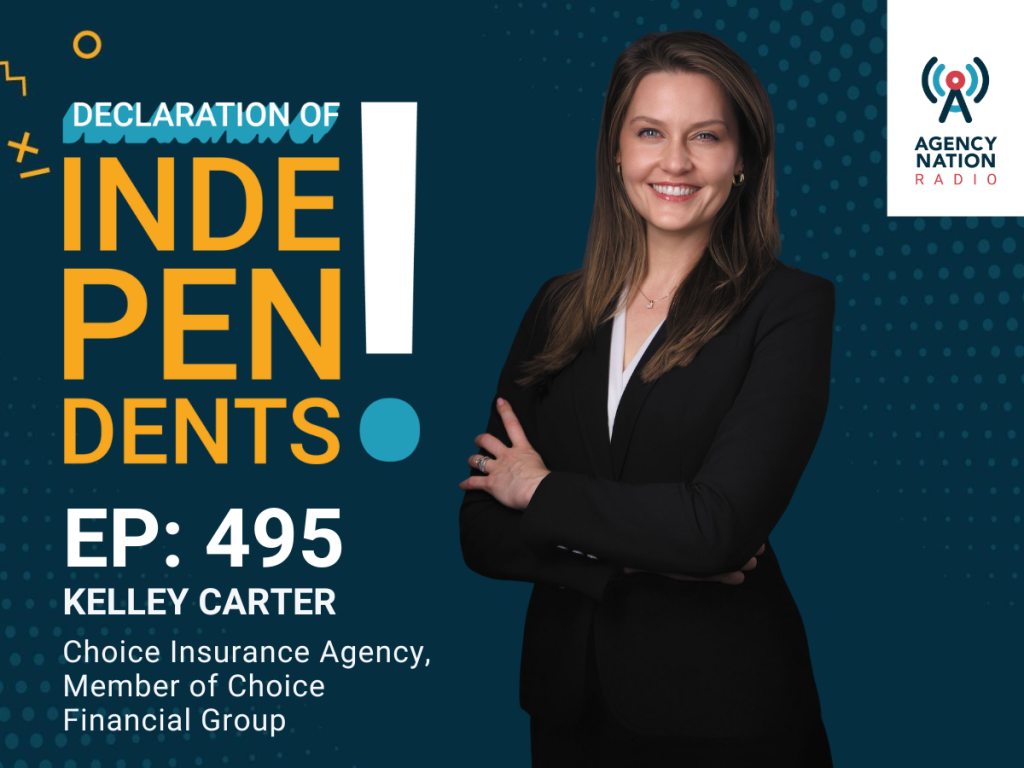Point/Counterpoint: Comparative Raters

By: Doug Eden, AnMarie Bozick
Are comparative raters good for the future of the independent agent?
NO.
Personal lines comparative raters have enhanced efficiency for an agency CSR to place a line of business like private passenger auto, which has been increasingly commoditized by direct writers and response carriers that use vast advertising budgets to sell a “lowest price” message to the American consumer. With personal auto policies often indistinguishable between carriers, at least in the eyes of the insured, independent agent carriers like The Main Street America Group have been forced to compete almost exclusively on price—not only with direct writers and captive agents, but also with other independent agent-focused carriers.
Where is the incentive for a carrier to invest in top-notch claims service, automation, marketing, underwriters, customer service staff and even agency compensation if an agency CSR feels compelled to sell only the carriers’ policies listed in the top three results on their comparative rater, for fear of possibly losing this customer to a competitor agency if they don’t offer the lowest-priced policy?
This trend leads independent agents to sell personal auto at lower prices, earning less commission and increasing both the carrier’s and agency’s potential for higher loss ratios and lower profit-sharing payouts. Independent agent carriers increasingly compete with each other for higher positioning on the comparative raters by cutting their staff and services or even lowering the agent’s commission to offset the reduced margins of lower-priced business.
Should independent agents allow comparative raters to “assist” them for commercial lines in the same way they have for personal lines?
Doug Eden, senior vice president, field operations at The Main Street America Group
YES.
There is an assumption that comparative raters have a sort of hypnotic ability that transforms the independent insurance agent’s business philosophies from selling value to selling only on price. But agents either know how to sell on value or they don’t. Selling on price is not only a great disservice to the insureds—it also directly impacts agents’ relationships with their carriers, because selling on price alone results in adverse selection and higher loss ratios.
Comparative raters are a tool to improve efficiencies and accuracy by eliminating the need to enter the same risk information into multiple carriers’ systems. Spending less time on data entry affords agents more time to focus on what is truly important: selling the value of their services and the carriers they represent.
A reputable comparative rater does more than generate rates. It automates much of the follow-up process, further increasing the agency’s efficiencies and ensuring a consistent process resulting in a follow-up with every prospect, every time—critical for agencies that want to improve their sales and retention rates.
Another misconception is that comparative raters only sort results by premium, always listing the cheapest carrier on top. In fact, on many systems, agents can sort quote results by a variety of factors, including company name, down payment and number of payments.
The true culprit is lack of education, not comparative raters. Carriers and vendors have a great opportunity to help agents succeed by educating and advising them on why it is critical to their future to learn how to sell on value.
AnMarie Bozick, comparative rating product manager, Insurance Technologies Corporation










